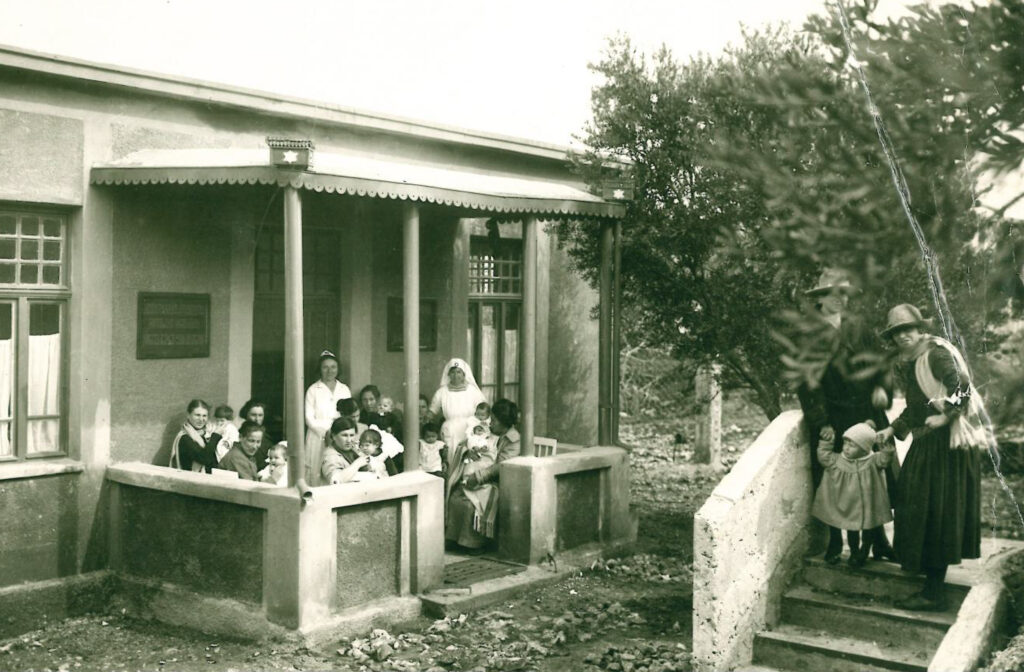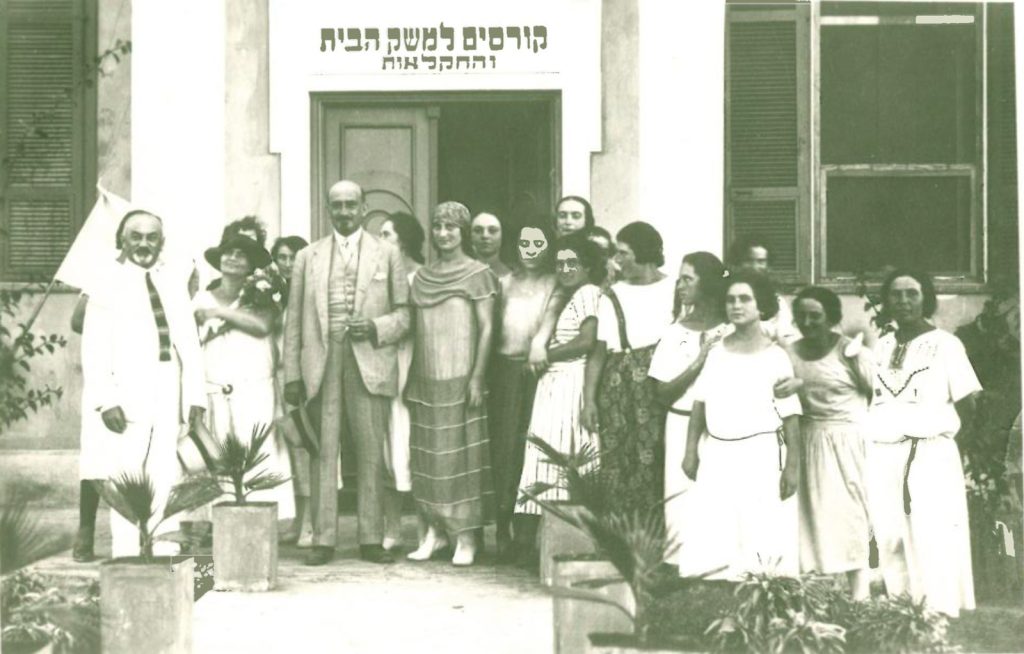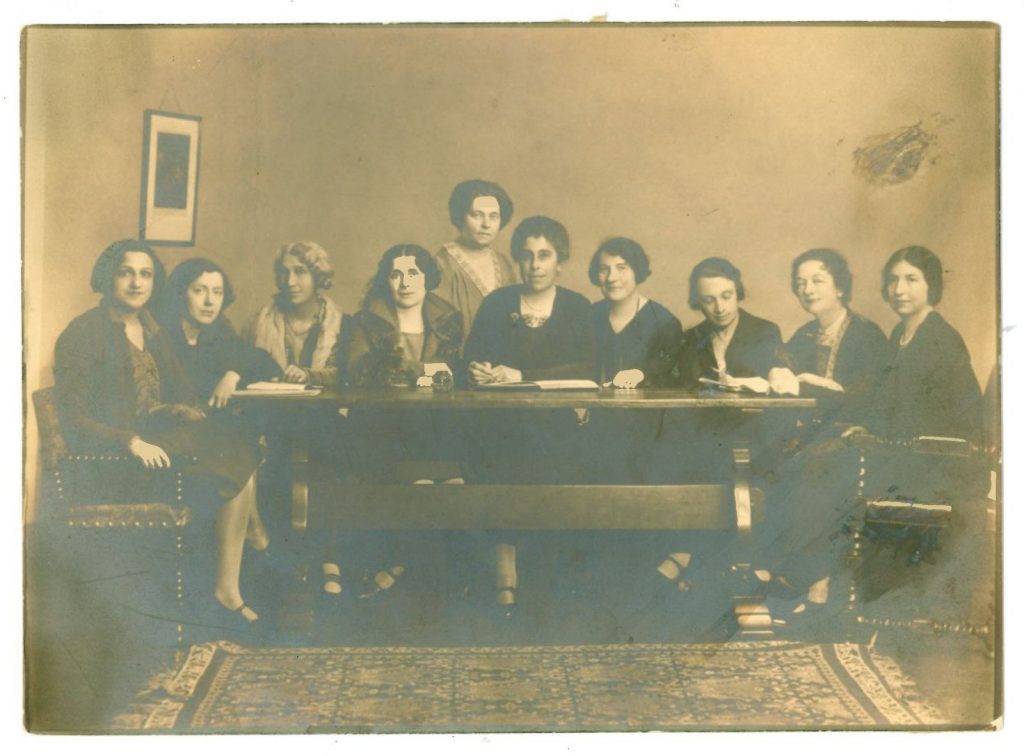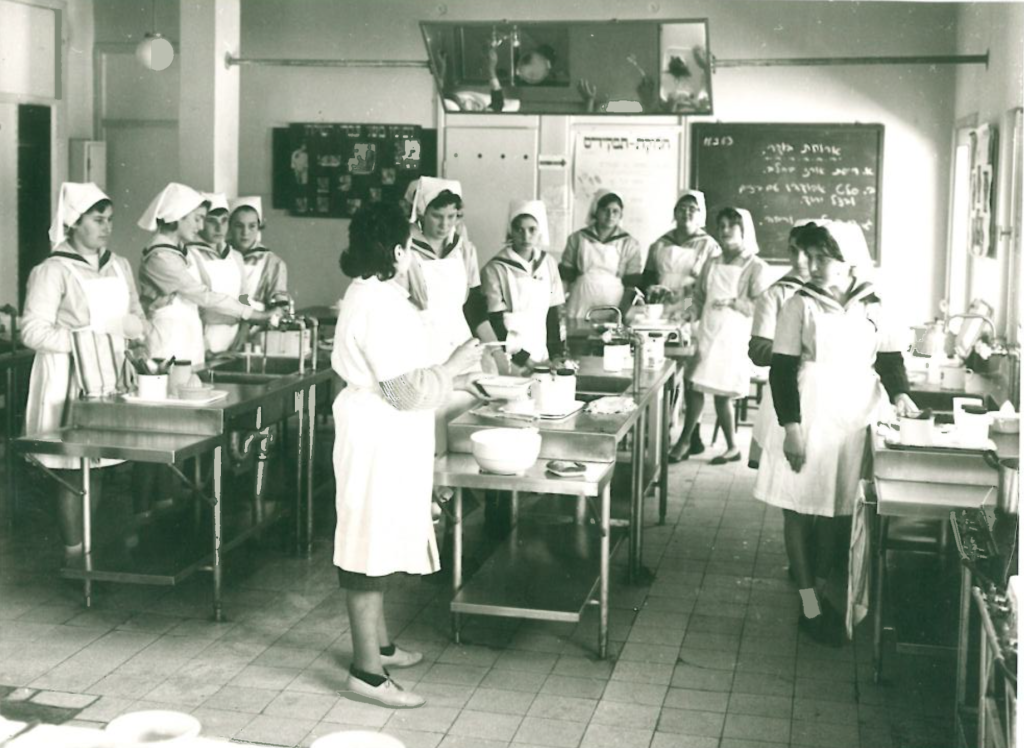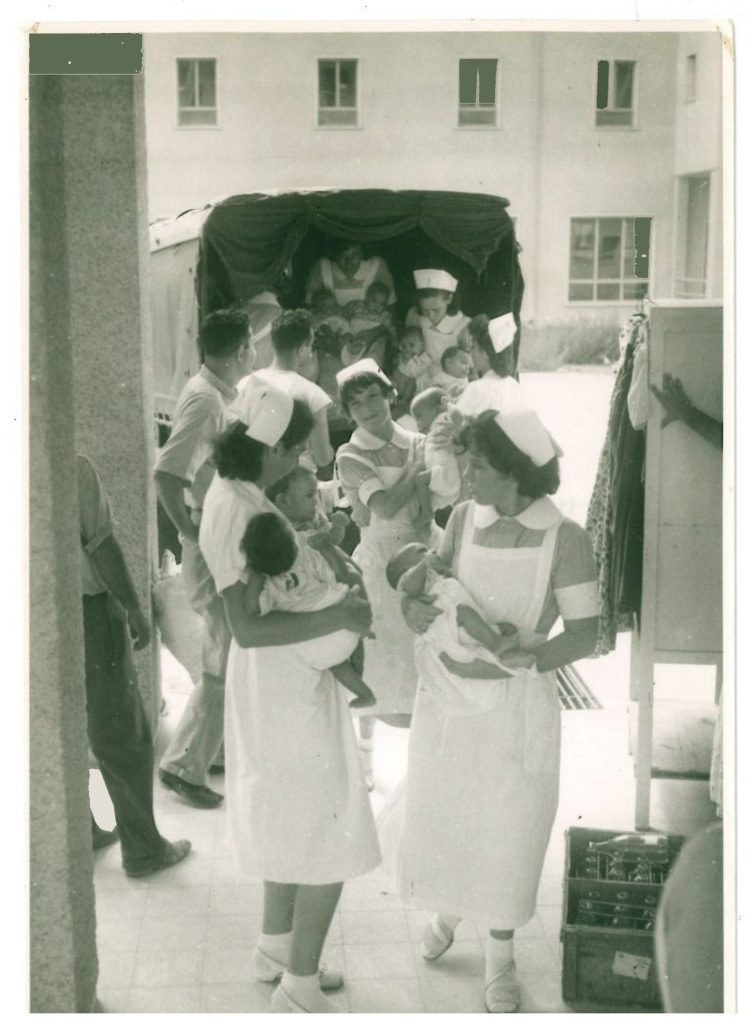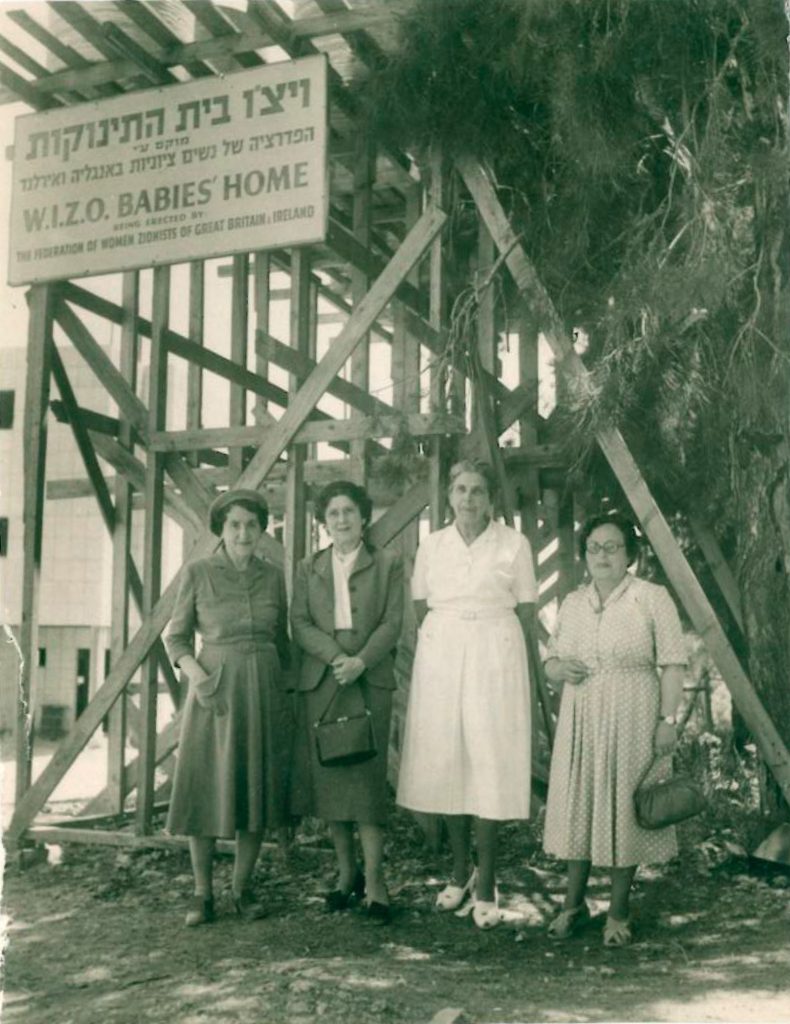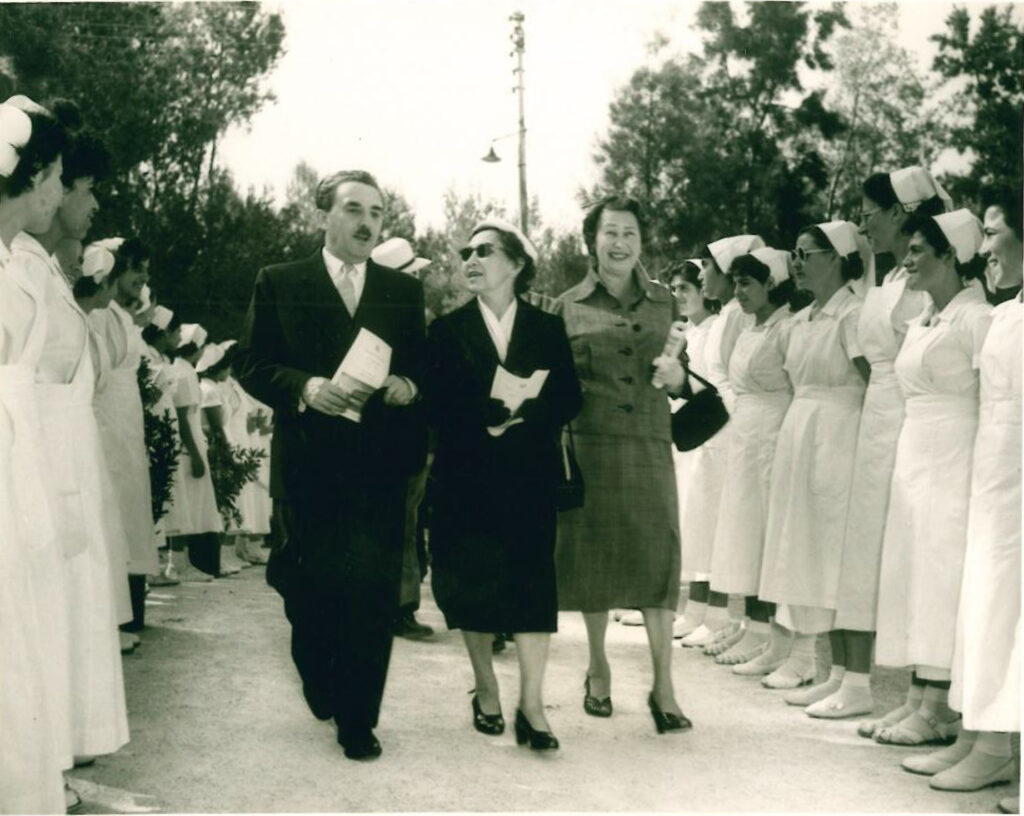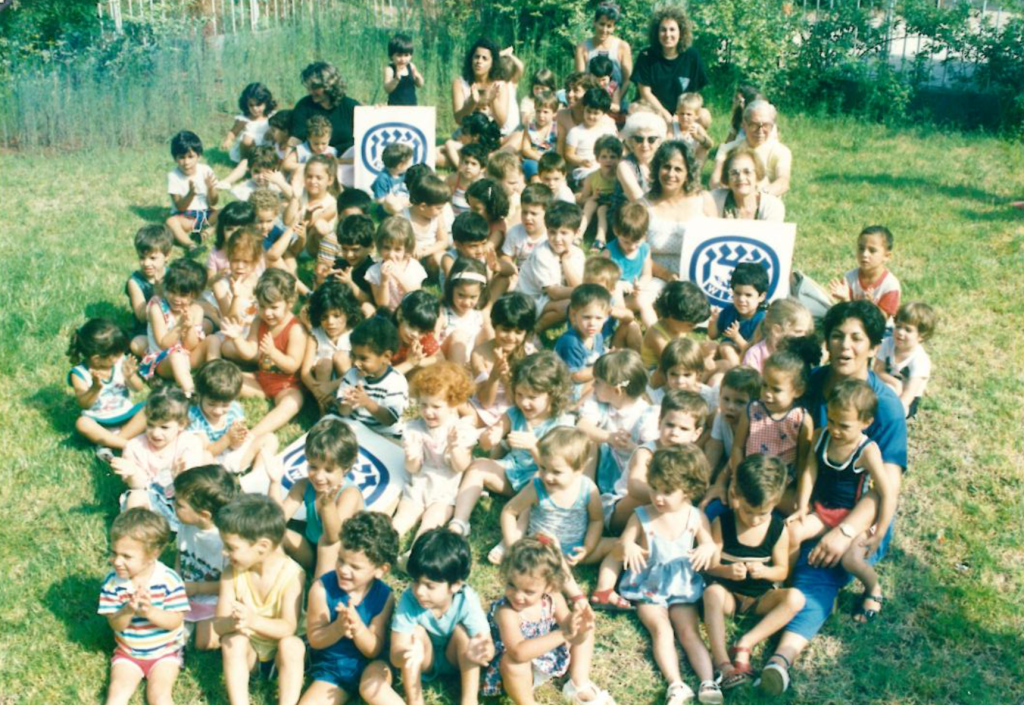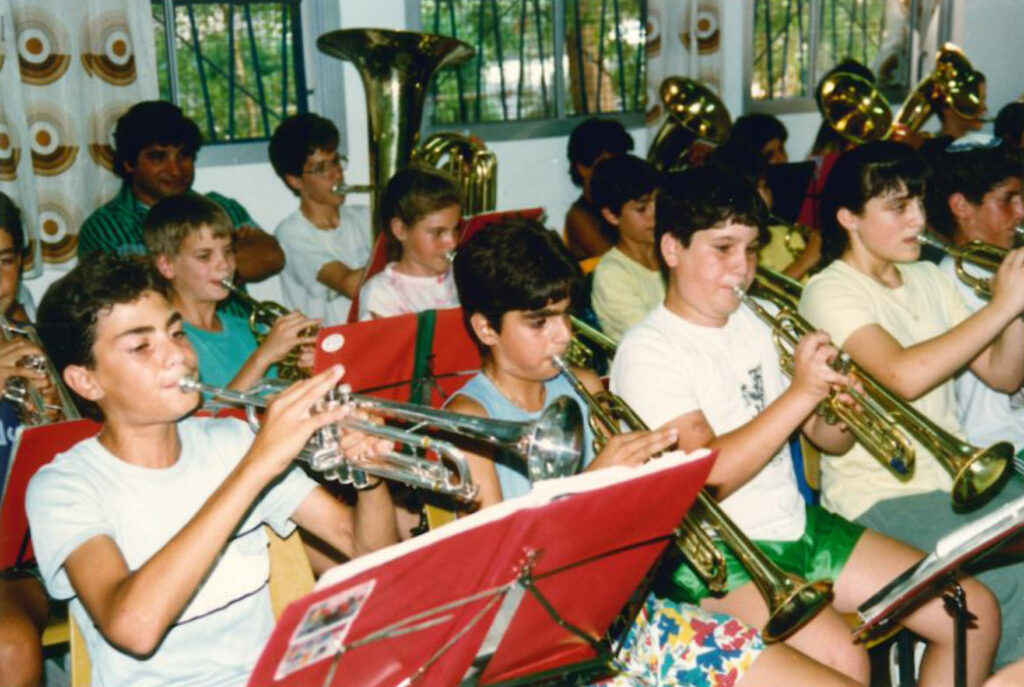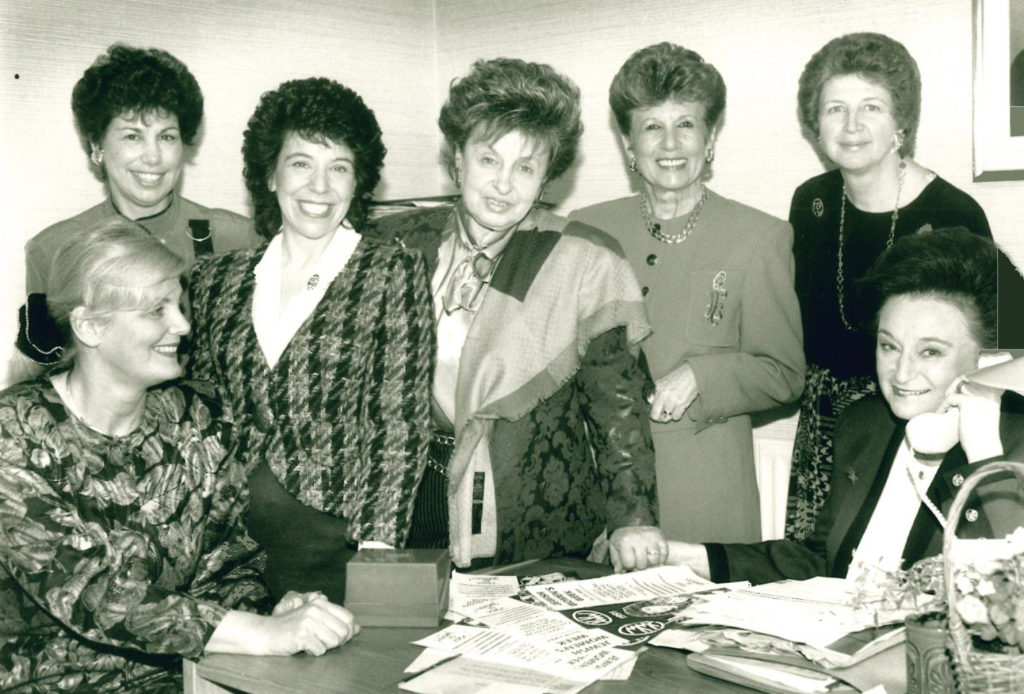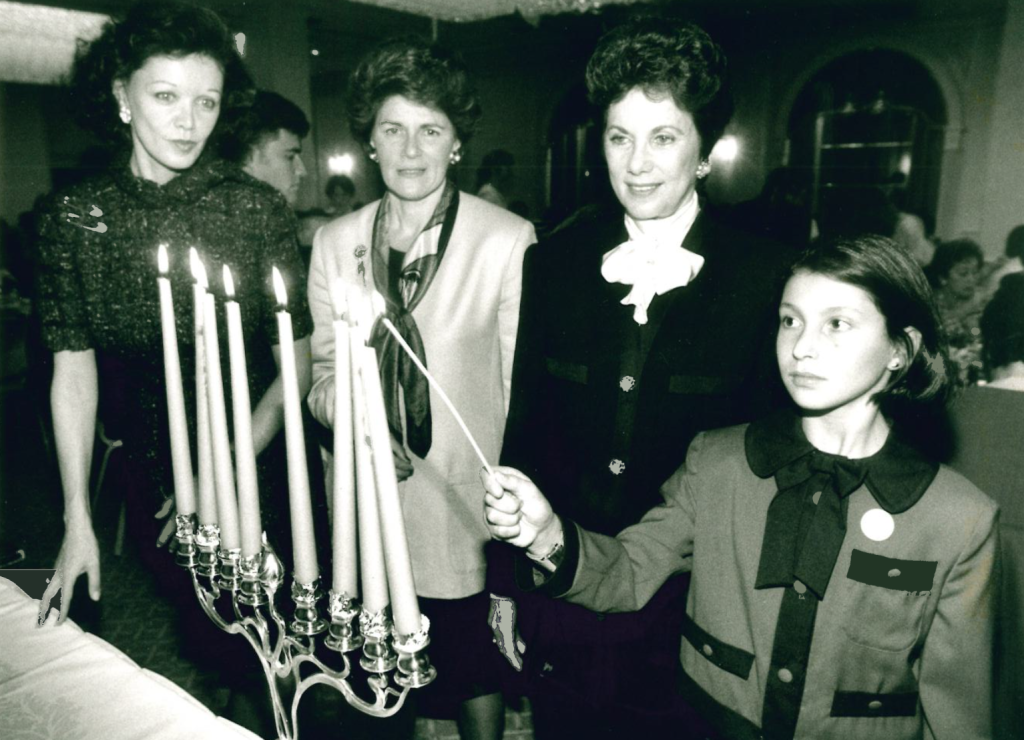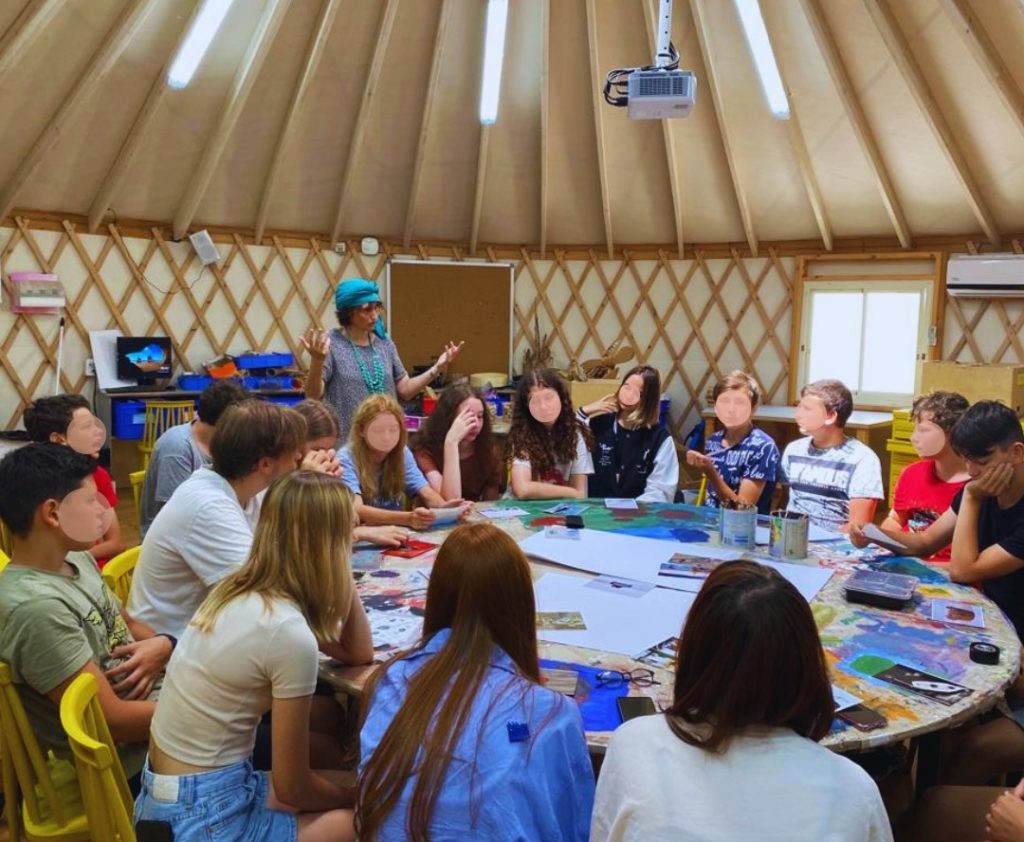WIZO History
WIZO was founded in Great Britain in 1918 by Rebecca Sieff, Vera Weizmann, and Romana Goodman with a focus on caring for people and helping them to achieve a better life.
WIZO members witnessed the annihilation of Jewish communities in Europe and the dissolution of WIZO Federations in countries under the Nazi regime. The large migration of Jews from Eastern and Central Europe to Latin America created 19 new Latin American WIZO Federations.
The United Nations resolved to partition the former British mandate over Palestine, setting up a Jewish and an Arab state. WIZO’s Head Office was transferred from London to Israel and Rebecca Sieff was elected 1st President of World WIZO.
WIZO worked with new immigrants, hosting families, providing educational and welfare services. The Equal Rights for Women law was passed, and the first WIZO advice bureau opened. WIZO was recognised as a non-governmental organization (NGO) and given consultative status with ECOSOC.
WIZO was given a seat in the Executive, and voting rights, at the 26th World Jewish Congress. WIZO assisted the Six Day War effort and built new Day Care Centres in Jerusalem.
WIZO helped in the rehabilitation of Israeli victims of war and terror.
WIZO responded to the mass immigration of Jews with absorption programmes across Israel.
WIZO responded to victims of violence and terror, opened the 1st school for political leadership and played a major role in the fight against sex trafficking.
WIZO launched the first emergency national hotline for women suffering from violence in the family and children at risk and built the 1st protected Day Care Centre against Kassam missiles in Sderot. WIZO also sheltered Jewish and Arab residents from the Katyusha rockets in Lebanon. In 2020, during the Covid-19 lockdown, WIZO opened a third emergency shelter to protect women suffering from domestic violence. In 2022, WIZO welcomed 75 Ukrainian refugee youth to its youth villages, giving them a home, education, love and therapy to help ease their trauma.
WIZO immediately provided practical and emotional assistance to the displaced and vulnerable after the October 7th attacks. WIZO’s emergency appeal put into practice comprehensive and tailored emotional and psychological therapy to the thousands in our care suffering from the ongoing trauma of the war.
